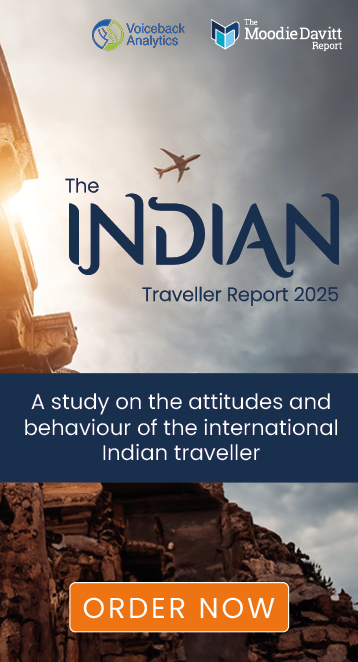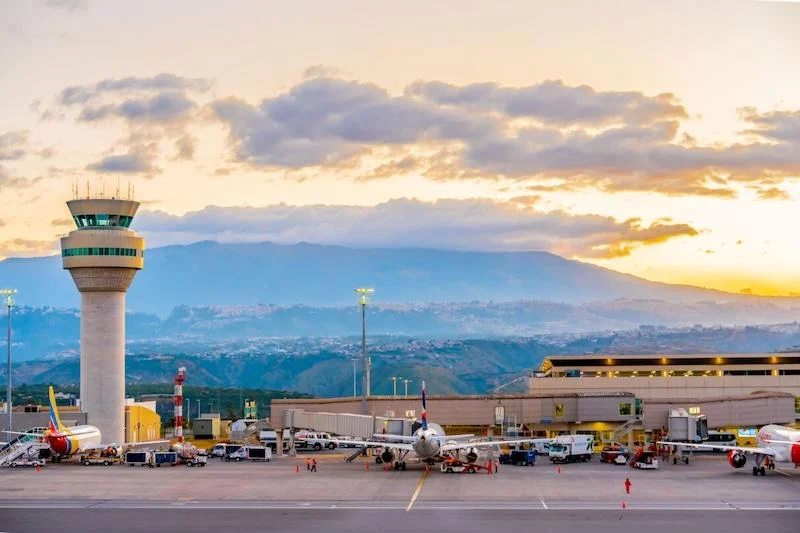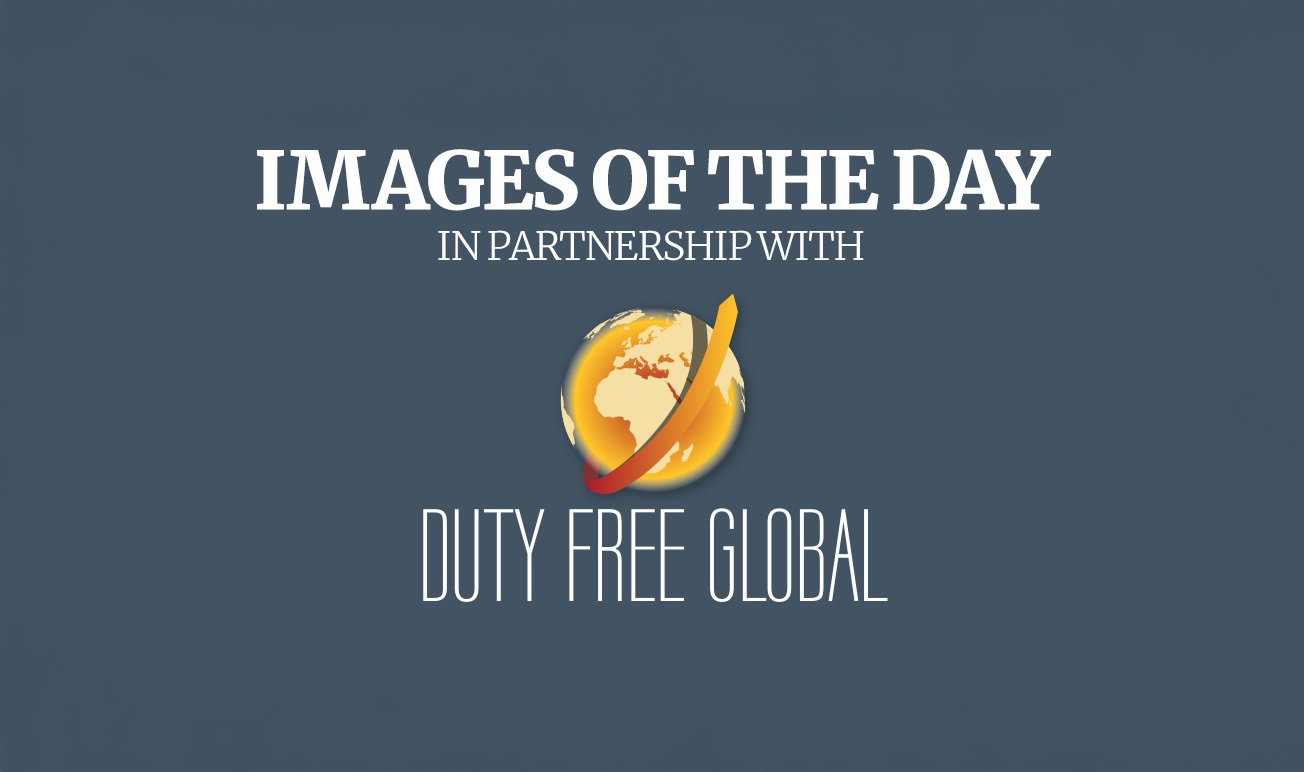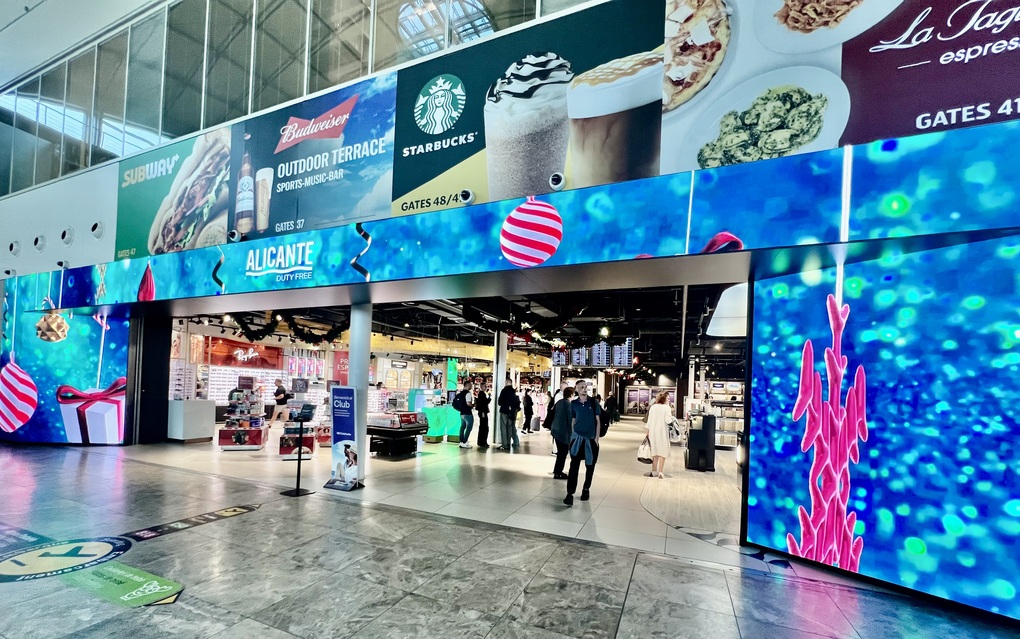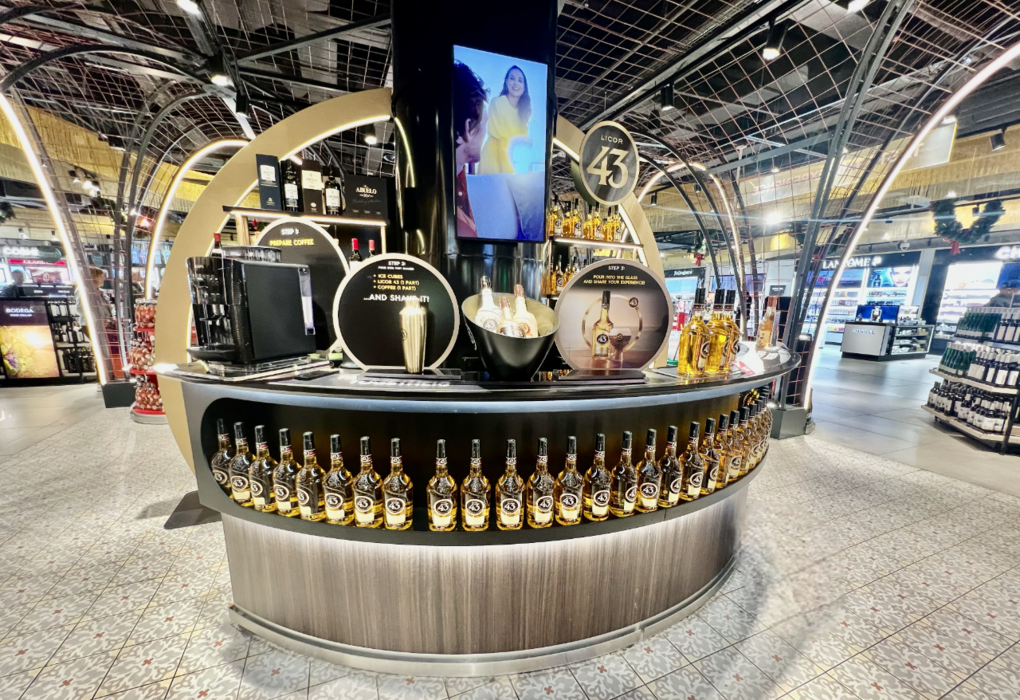INTERNATIONAL. The Change Group International CEO Sacha Zackariya, author of Leading Travel & Tourism Retail, shares trends he believes will have a major impact across the global travel retail industry next year.
Are we there yet? As pandemic restrictions recede further into the past, it is becoming very clear that we are not going “back to 2019” but to somewhere else entirely. Tourism is growing again but in an entirely different way, as a new generation of luxury and bargain-hunting travellers take to the skies.

Americans rule
The US’s economy remains buoyant despite interest rate rises, with rising incomes keeping spending hot. The dollar has come off its peak but it is still doing very well, which means US tourists are getting a lot for their money when they travel overseas.
Indeed, it reached parity with the Euro last year – allowing American tourists to just forget they weren’t spending dollars – and approached parity with Sterling. While that is the case, expect a lot of Americans to travel and spend – the UK branches of our international currency exchange network are exchanging more US dollars than they were in 2019.
This is something of a mixed bag for retailers. While Americans are happy to go out and spend up large on experiences like the dinners and shows that make London’s West End purr, they spend a lot less than others on high-margin goods in the UK. Americans can buy most of the luxury brands found in the UK at home, or much cheaper when buying them closer to where the brands are based in Europe.

As an example, I was this summer in New York and the Moncler store there had most of the same stock as in Europe and the UK. US prices were much higher than in the EU – even before factoring in the fact that VAT can be reclaimed.
Because most luxury items sold in the UK are ultimately owned by brands in mainland Europe, the impact of import duties, customs delays and other factors means there is less reason to shop here, even before you factor in the lack of VAT refunds.
But Americans are hardly impossible to sell to if you are prepared to make adjustments to cater for them including selling products that are uniquely from the UK, which clearly have both cultural cachet and other benefits.
Concerts are magnets
Hundreds of articles have been written about the effect that big concerts from Taylor Swift and Beyoncé have had on local economies. Indeed, one country even blamed Beyoncé for part of their inflationary figures.
We’ve seen experiences step up as a larger part of the travel equation for years now. People are happy to pay a lot more for ephemeral moments than they might have previously, especially younger people who can relive and share the moment again and again on social media. Concerts in particular have surged massively as fans who would in prior generations spend money on records or CDs can now plough all of that cash into getting to a concert.

Retailers should take advantage of this surge in concert-related spending. It’s not all broke college students travelling to large cities to see Taylor Swift – a lot of the fanbase that can afford this are actually affluent DINKs (double income no kids), who would love to make the trip as special as possible. Limited-edition products or experiences that latch onto this could be crucial. And yes, Swift’s Eras Tour is hitting the UK next year.
Middle East and China are drawing in the disposable income
Both Saudi Arabia and China have invested heavily in their own tourism infrastructure recently, with China’s Hainan Island a particular poster-child. China’s government appears to be tired of seeing so much currency from its middle classes flow out to other countries – so we could be seeing the start of a cultural and structural change here.
Saudi Arabia is also ploughing a lot of cash into hosting the 2030 Expo and rehabilitating its image among global tourists. And as it always does, the Hajj in June will bring well over a million pilgrims to the country who they are tempting to stay for longer and spend time and money in the many new and exciting touristic and shopping areas Saudi Arabia is creating.

Airfare prices increase – but airports lose some headaches
One cannot ignore the problems that might dampen the spirits of globetrotters. A crucial factor on the horizon is the fluctuating cost of oil and its cascading impact on air travel expenses. There are several indicators that oil prices could rise significantly in 2024 – and this would send the cost of airfares higher.
This doesn’t mean people will stop travelling, but it does mean they may have less disposable income they are eager to part with once they arrive. (Unless, of course, they are from one of the oil-rich nations who profit when the price rises.) It could also drive more people into more sustainable forms of transport like high-speed rail.
However, there is some silver lining for air travellers. Newer 3D-scanning machines are rolling out all around the world right now, including to every major UK airport in 2024. These will allow people to carry up to 2 litres of liquid (up from 100ml currently) and not have to take out all of their electronics and toiletries in the security queue.
Conclusion: Stay adaptable
If someone had asked me to write an article about 2020 travel trends in late-2019 I would have been fairly wide of the mark. None of us can predict the future, so when planning for it some level of humility is always key. We can make informed guesses about what tourists might want, but the reality might end up quite different. Staying adaptable is crucial.











